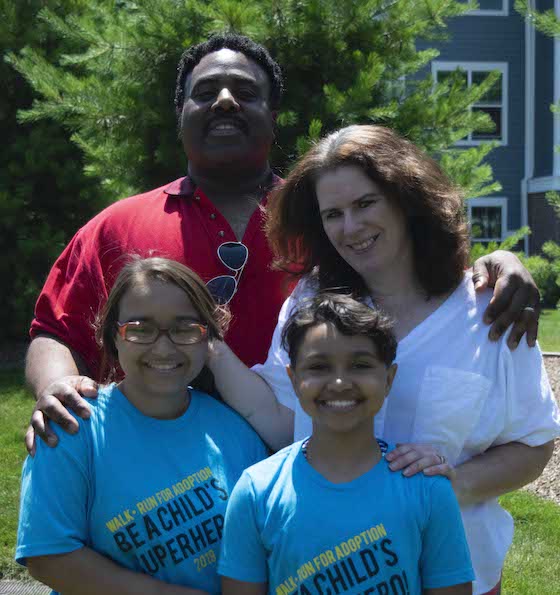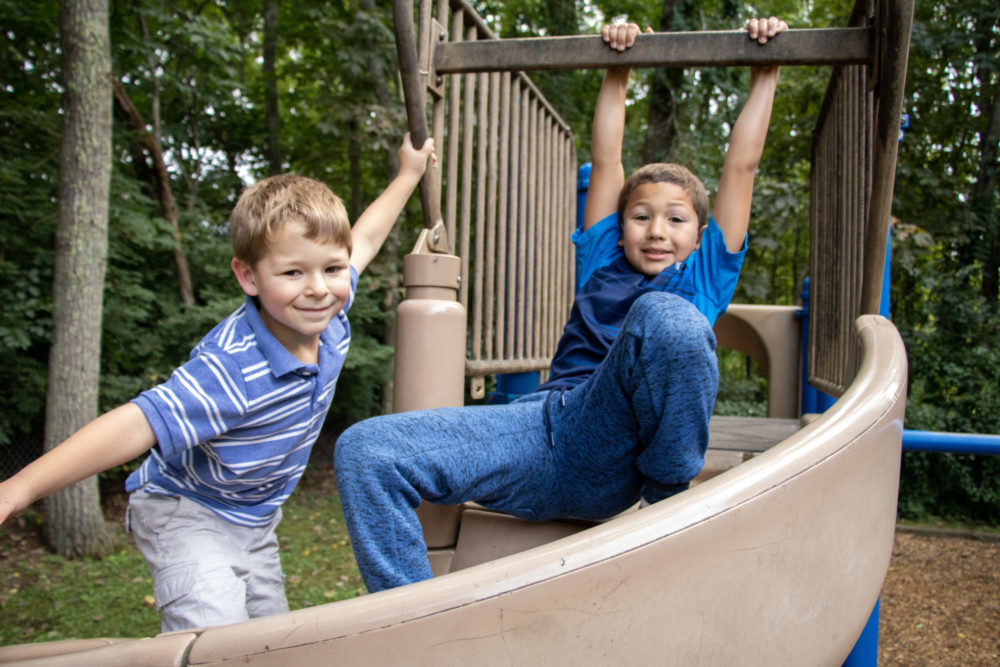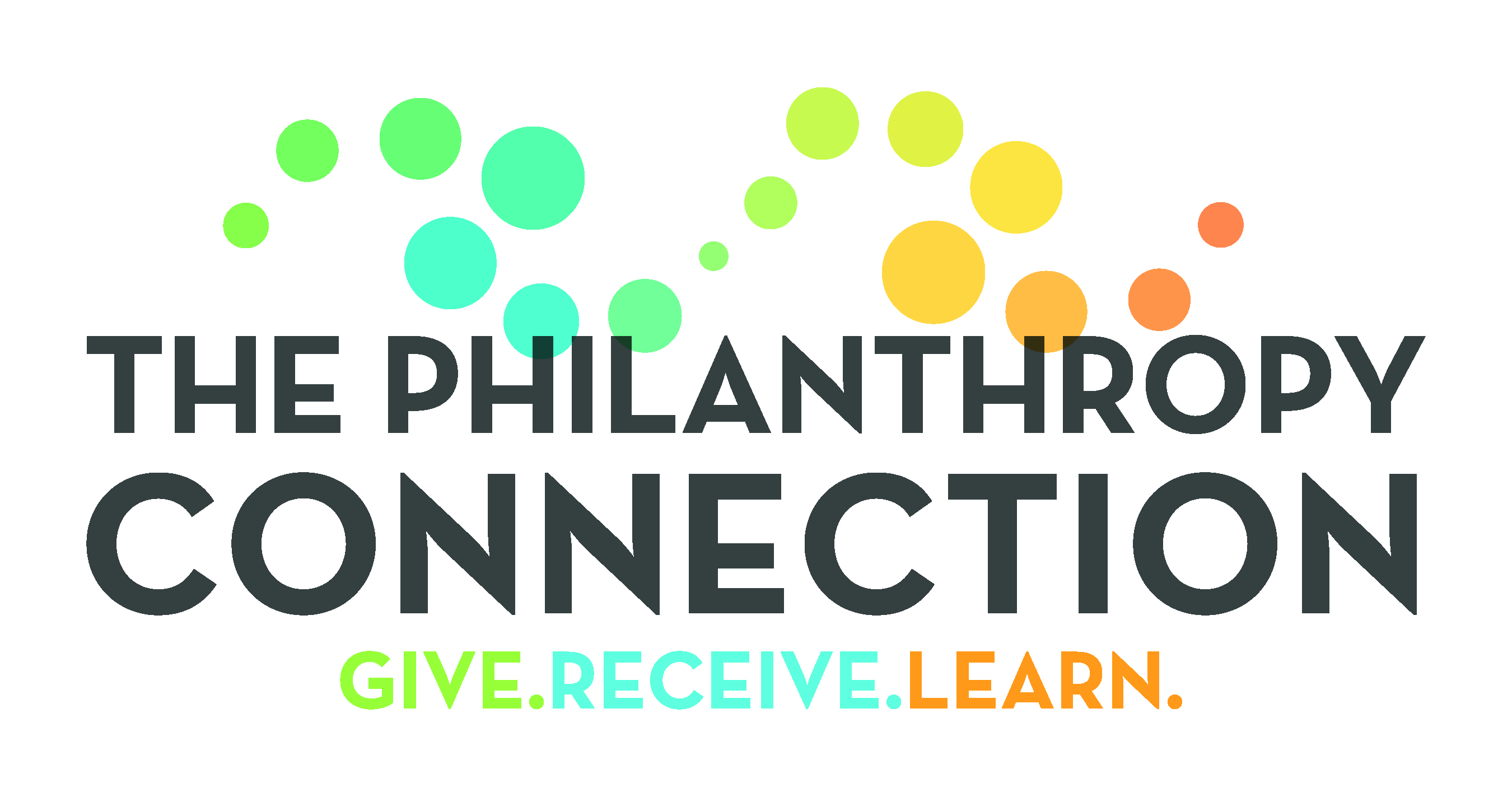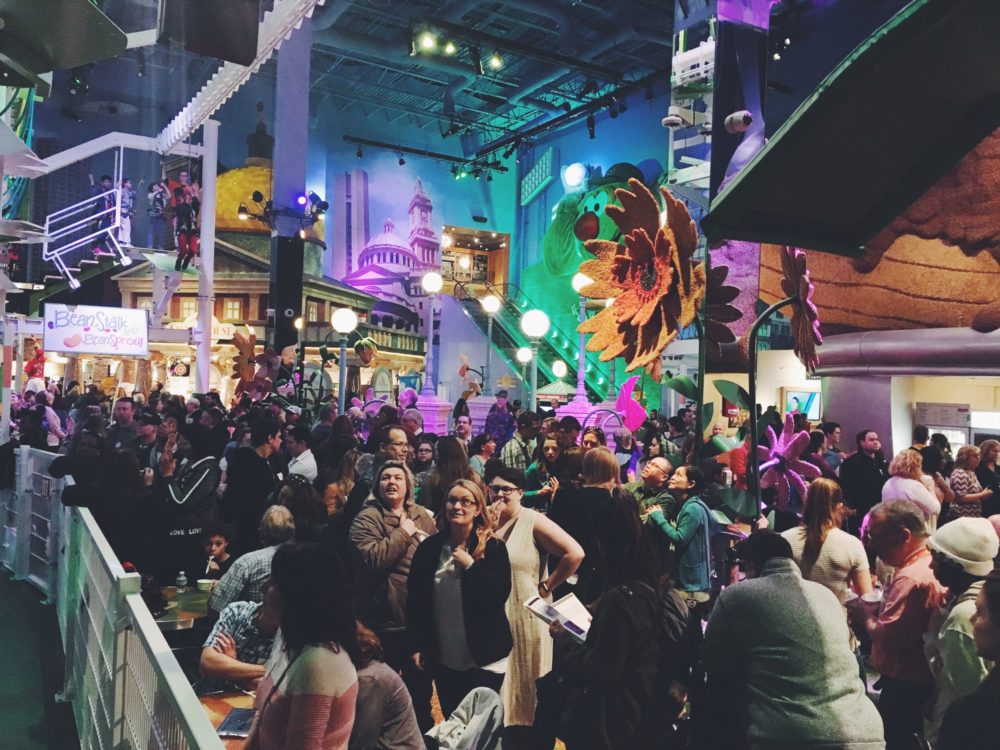The Interview with Lisa Funaro
Tell us a little about yourself and how you came to work with Massachusetts Adoption Resource Exchange (MARE).
 MARE has been a part of my life since 1980 when I started my second-year field placement at Boston University School of Social Work. At the time, I had no idea that this would be the start of my life’s work. I was hired at the end of the placement, stayed at MARE for three years, and then returned 22 years later as the Executive Director. During those intervening years, I was fortunate to run the adoption programs at three different Boston-based agencies. What excites me about the work here at MARE is that we can be as creative and innovative as we want and are held back only by our own energies. To be able to affect the lives of vulnerable children and facilitate the creation of families is a wonderful thing!
MARE has been a part of my life since 1980 when I started my second-year field placement at Boston University School of Social Work. At the time, I had no idea that this would be the start of my life’s work. I was hired at the end of the placement, stayed at MARE for three years, and then returned 22 years later as the Executive Director. During those intervening years, I was fortunate to run the adoption programs at three different Boston-based agencies. What excites me about the work here at MARE is that we can be as creative and innovative as we want and are held back only by our own energies. To be able to affect the lives of vulnerable children and facilitate the creation of families is a wonderful thing!
Can you share a story about how your work has impacted an individual or a family or a community?
We are fortunate to have played a role in many successful matches between waiting children, teens, and families. The impact that permanence has on a child who has experienced trauma and separation from biological parents is almost impossible to capture in words.
One story I would like to share with TPC members is that of Kiley, now 13 years old, who once lived in a group home and desperately wanted an adoptive family. To help find a family for Kiley, MARE produced and posted a video about her on our website.
As you can see, Kiley has spunk, energy, and a keen sense of humor. Kiley’s social worker had been searching for a single woman or two-female couple until being contacted by Kelly and Rob, a pre-adoptive family, who saw the video. “We know her file said preferably a female home, but something really spoke to us about Kiley and we are really interested in her,” said Kelly. After learning more about Kiley, the couple met with her for the first time at a MARE adoption event held at a roller-skating rink in Central Massachusetts. These events provide opportunities for waiting children and families to meet in casual, relaxed, and fun settings. The three hit it off, and Kiley moved into Kelly and Rob’s home last spring. This is just one MARE story of a youth who now has a place to call home!
Tell us about how TPC’s grant is being used.
 TPC’s grant is being used to support MARE’s new two-year pilot program called Weekend Family Connections. This special initiative has been designed to help increase adoptions and provide permanent homes for one of the most challenging-to-place populations – older children ages 10 and up residing in group care. Our pilot program is focused on this particular group because these youth are most at risk for aging out of foster care when they turn 18. Without ever having formed the permanent familial relationships that can help them succeed as adults, these youth are far more likely to experience substance abuse, teen pregnancy, unemployment, and incarceration.
TPC’s grant is being used to support MARE’s new two-year pilot program called Weekend Family Connections. This special initiative has been designed to help increase adoptions and provide permanent homes for one of the most challenging-to-place populations – older children ages 10 and up residing in group care. Our pilot program is focused on this particular group because these youth are most at risk for aging out of foster care when they turn 18. Without ever having formed the permanent familial relationships that can help them succeed as adults, these youth are far more likely to experience substance abuse, teen pregnancy, unemployment, and incarceration.
Can you tell us more about how Weekend Family Connections works?
MARE’s Weekend Family Connections Program pairs older youth in group foster care with host families committed to actively incorporating the youth into their community and family life. Through twice-monthly weekend visits with host families over the course of a year, the youth have an opportunity to experience life outside group care while being exposed to a new, broader community of adults who may consider becoming adoptive parents themselves or recruit such families through their own networks.
What has been the impact of TPC funding on the Weekend Family Connections Program?
The impact of TPC funding has been critical to our launch of the Weekend Family Connections pilot. TPC’s grant has made it possible for MARE to hire a Weekend Family Connections Coordinator to manage the pilot program and its many component pieces. Since receiving the grant, we have secured the necessary approval from the Massachusetts Department of Children & Families, partnered with Cambridge Family & Children’s Service to implement a comprehensive training and support program for potential adoptive parents, and will soon begin training staff at our pilot residential care facility. We have also begun outreach efforts to a diverse group of individuals and families to identify and recruit Weekend Family Connections host families who want to make a difference in the life of a child. For this pilot program, all host families will need to be fully licensed as foster/adoptive homes.
What else do you hope to gain from your relationship with TPC? Are there other ways that TPC members could help MARE?
I was so impressed with the enthusiasm and commitment of TPC members at the Grant Awards and All Member Meeting last May. I would love to spread the word about our new Weekend Family Connections Program and the need for adoptive families to the TPC membership. We’d be happy to speak to TPC friends and family, community groups, businesses, and others about adoption from foster care and the need for host families. We are also always looking for help at our fundraising events, like our Walk/Run for Adoption (May 17, 2020), leads on potential Board members (especially those with fundraising experience), and our newest project, migrating our database to Salesforce.
What is most gratifying for you? Is there an example that stands out?
 I’m fortunate to meet many of the families that have adopted our waiting children. It is such a gratifying experience to see how a child blossoms after becoming part of a permanent family, finally feeling loved and safe. One memorable example that stands out for me is a young man, Mikey, who was in foster care for the first 15 years of his life. Through MARE’s efforts, Mikey was finally adopted, and I had an opportunity to invite him and his new family to speak at one of our events in Springfield. Mikey was so eloquent about how his adoptive family transformed and truly saved his life. That was a moment that I will remember forever!
I’m fortunate to meet many of the families that have adopted our waiting children. It is such a gratifying experience to see how a child blossoms after becoming part of a permanent family, finally feeling loved and safe. One memorable example that stands out for me is a young man, Mikey, who was in foster care for the first 15 years of his life. Through MARE’s efforts, Mikey was finally adopted, and I had an opportunity to invite him and his new family to speak at one of our events in Springfield. Mikey was so eloquent about how his adoptive family transformed and truly saved his life. That was a moment that I will remember forever!

